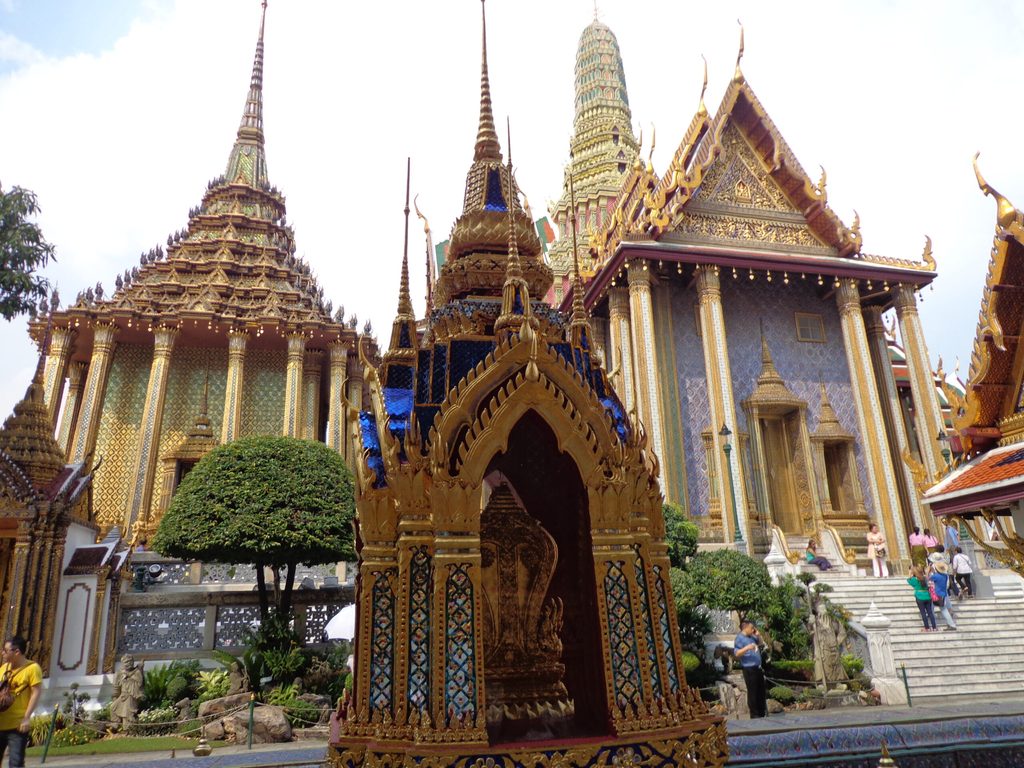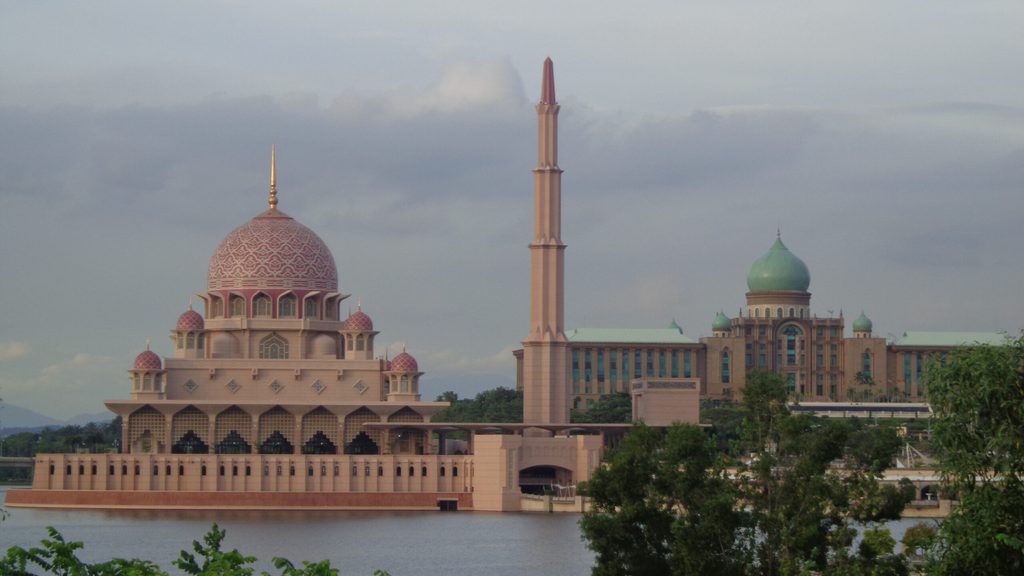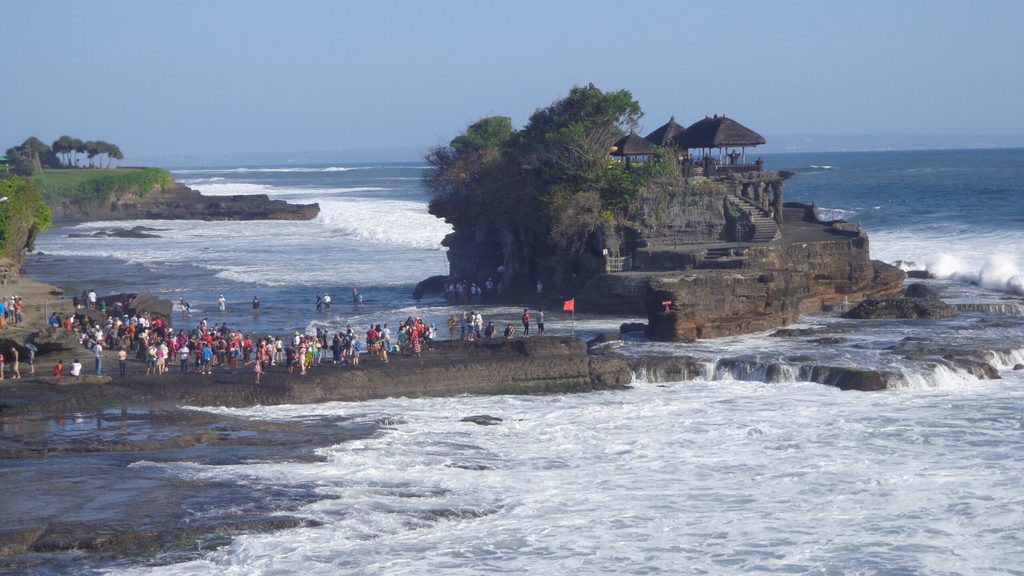Departing from the Philippines to a different country can be a mixed bag of emotions and experiences
Several years ago, I impulsively bought tickets to Kota Kinabalu, Malaysia. It was my first solo international flight. I was already at the airport and queued in front of the check-in counter. When it was my turn, the person at the counter told me it was almost the last call for my flight. I misread the time on the ticket and thought that I still had plenty of time before my departure. The person at the counter hurried my check-in and asked for assistance from one of their colleagues. We both ran towards immigration control. I had to go through a second interview because it was my first time traveling outside the country alone. The process then wasn’t as scary as it is now. I had to fill out a form that asked my employment status, pocket money, and a few other questions I no longer remember. After going through immigration, the carrier’s crew member and I ran through security check and then all the way to the boarding gate. I was one of the last few passengers to board the plane.
I was fortunate not to have missed my flight.
It was a rookie mistake that hasn’t happened since.
Traveling outside the country is a combination of excitement, anxiety, and nerves. However, it’s a rewarding experience you’ll always remember.
If you’re traveling outside the country for the first time, these are some tips you might want to keep in mind.
Prepare required documents
Departing from the Philippines to a different country can be a mixed bag of emotions and experiences. I’ve read online reports and social media posts about their own horror stories when leaving for their dream destination. It helps to prepare all the documents you need online and/or printed copies. The basic requirements for self-funded travelers include passport and return tickets.
In some cases, the immigration officer will ask for a certificate of employment (for employees), business registration (for entrepreneurs), pay slips, accommodation bookings, the tours you booked, and/or bank statements.

However, in many cases, the immigration officer will simply ask for your passport and return ticket. They will then ask you about your employment or self-employment status, your budget, how long your trip is, and other questions related to your trip. Sometimes, they won’t ask as many questions and simply ask when you’ll return. It’s all random. Just be consistent with your answers. They just want to know if you will go to your destination as a tourist. If they ask you to do a second interview, be consistent with your answers.
Always check the date and time of your flight. It always indicates local time.
Plan your route
Not everyone can travel for one week, two weeks, one month, or indefinitely. Chances are you only have a few days’ leave from your job or only have time for a quick vacation. You’ll most likely want to spend your days efficiently. Plan your itinerary to cross out your must-visit destinations. Visit these first then add other places you like. Choose accommodation close to your must-visit attractions and things to do. If there’s no accommodation within your budget near your chosen attractions, choose one near a metro or bus station. Check the distances between the destinations in your itinerary. Some places might be too far away from each other to visit them in one day. Put your attractions and things-to-do list in groups. Cluster activities that are close to each other on the same day. This allows you to maximize your day.
Learn more about your destination
Before leaving, learn more about the city and country you plan to visit. Get an overview of the culture, food, attractions, history, availability of public transportation to places, getting in and out of the airport, and other information. This allows you to avoid scams, find local spots, possibly meet a few locals, and get a better understanding of the place so that you can spend your days efficiently. You’ll also avoid faux pas when interacting with locals. It helps to learn a few basic phrases in the local language such as hello, good morning/afternoon/evening, and thanks.

Look for affordable accommodation and places to eat
Your research will lead you to various accommodation types and restaurants. The number of establishments will be daunting and sifting through them can be time-consuming. Accommodation and restaurants near popular attractions are often the most expensive and touristy. However, some of them are still worth a look if you have the budget. For first-time travelers trying to save money, a general rule I often follow is staying in hostels or budget hotels near public transportation stations/stops even if they’re far from famous sites. Prices are usually lower and it’s still convenient to move around because you can just take the metro or bus to your destination.
Restaurants away from popular spots are also generally more affordable and often provide a local ambiance. I would recommend staying in hostels because of their social vibe where you can meet other travelers from different parts of the world. You can easily make new friends during your trip.
Understand how local transportation works
The most affordable way to explore a new city is to take public transportation. The metro and bus routes can be confusing for first-timers. You can easily look this up online to see your connections from your accommodation to the places in your itinerary. It’s also possible to download a map on your phone. You could get a physical map once you check into your accommodation. You don’t need extensive knowledge of the public transportation routes. You just need to know how to get to attractions from your accommodation.
Create a budget
A budget will keep you from overspending. It helps to jot down the entrance fees for the attractions you want to visit, average price of food and drinks, transportation costs, and accommodation. This list allows you to come up with a budget that works for you. You don’t have to completely follow it. You can use it as a benchmark when you save up for your trip.
Get insured
Even if you’re trip is only for a few days, you should still get insurance. The latter allows you to get compensation for flight delays or cancellations, loss of documents, injuries, hospitalizations, theft, and others, depending on the coverage. You’ll never know when an emergency arises. You can browse policies online to determine the best value provider for you.

Consider booking in advance
If you’re only traveling for a few days, consider booking accommodation in advance. The prices are lower for those who book a room weeks or sometimes months before their trip. This allows you to save money and have a bit more for attractions, food, and drinks. Some restaurants and attractions require you to book a slot in advance because of high foot traffic and tourists.
Get a local SIM card
If you’re planning on using the internet during your trip, consider getting a SIM card. Roaming rates are expensive. I tried using it during one of my trips and found out quickly that the rates weren’t worth it. It’s more affordable to get a local SIM card upon arrival. In some airports, you can purchase one in one of the stalls. You can also buy one once you arrive in the city. Make sure your phone is compatible with a local SIM card. Your phone might be locked in with one of the service providers in the Philippines.
Traveling to a new country for the first time is an exciting experience. You don’t have to over-plan your trip. These tips are only guidelines. You can just wing it once you’re at your destination or simply just chill in a new city. – Rappler.com
Joshua Berida is a writer that loves to travel. He blogs at www.thewanderingjuan.net.


